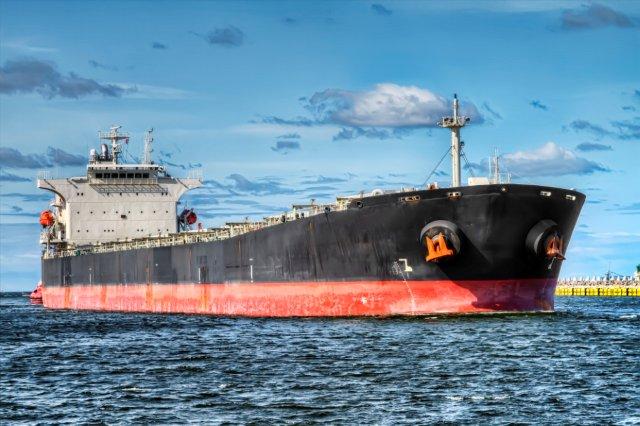FOR IMMEDIATE RELEASE
ACS News Service Weekly PressPac: April 30, 2014
Sustainable barnacle-repelling paint could help the shipping industry and the environment
"Antifouling Activity of Celastroids Isolated from Maytenus Species, Natural and Sustainable Alternatives for Marine Coatings"
Industrial & Engineering Chemistry Research
Barnacles might seem like a given part of a seasoned ship’s hull, but they’re literally quite a drag and cause a ship to burn more fuel. To prevent these and other hangers-on from slowing ships down, scientists are developing a sustainable paint ingredient from plants that can repel clingy sea critters without killing them. The report appears in the ACS journal Industrial & Engineering Chemistry Research.
Guillermo Blustein and colleagues explain that barnacles and other ocean creatures that stick to hulls create a cascade of problems. By increasing water resistance, they can bump a ship’s fuel use by as much as 40 percent, which costs money, adds to pollution and depletes resources. These marine hitchhikers also can cause environmental problems by invading new parts of the globe and competing with native animals and plants. To keep hulls clean, some shipping companies have turned to special coatings. The problem is these coatings can permanently harm sea life. So the team sought an ocean-friendlier option from a sustainable source.
They turned to Maytenus trees, which are found worldwide. The plants’ root bark contains compounds that are similar to defensive agents produced by bottom-dwelling ocean creatures. In the lab, the scientists found that the compounds repel barnacles, but generally don’t cause long-term damage. They also added the compounds to paint, which they applied to tiles and field-tested in the sea. The new coatings effectively stopped algae, tube worms and other creatures from latching on.
The authors acknowledge funding from the Agencia Nacional de Promoción Científica y Tecnológica, Consejo Nacional de Investigaciones Científicas y Técnicas, Comisión de Investigaciones Científicas de la provincia de Buenos Aires, Universidad Nacional de La Plata and Universidad de Buenos Aires.


